Submitted by WA Contents
annvil creates Riga's first urban vertical garden to test the effect of urban environment
Latvia Architecture News - Oct 01, 2020 - 16:26 5188 views
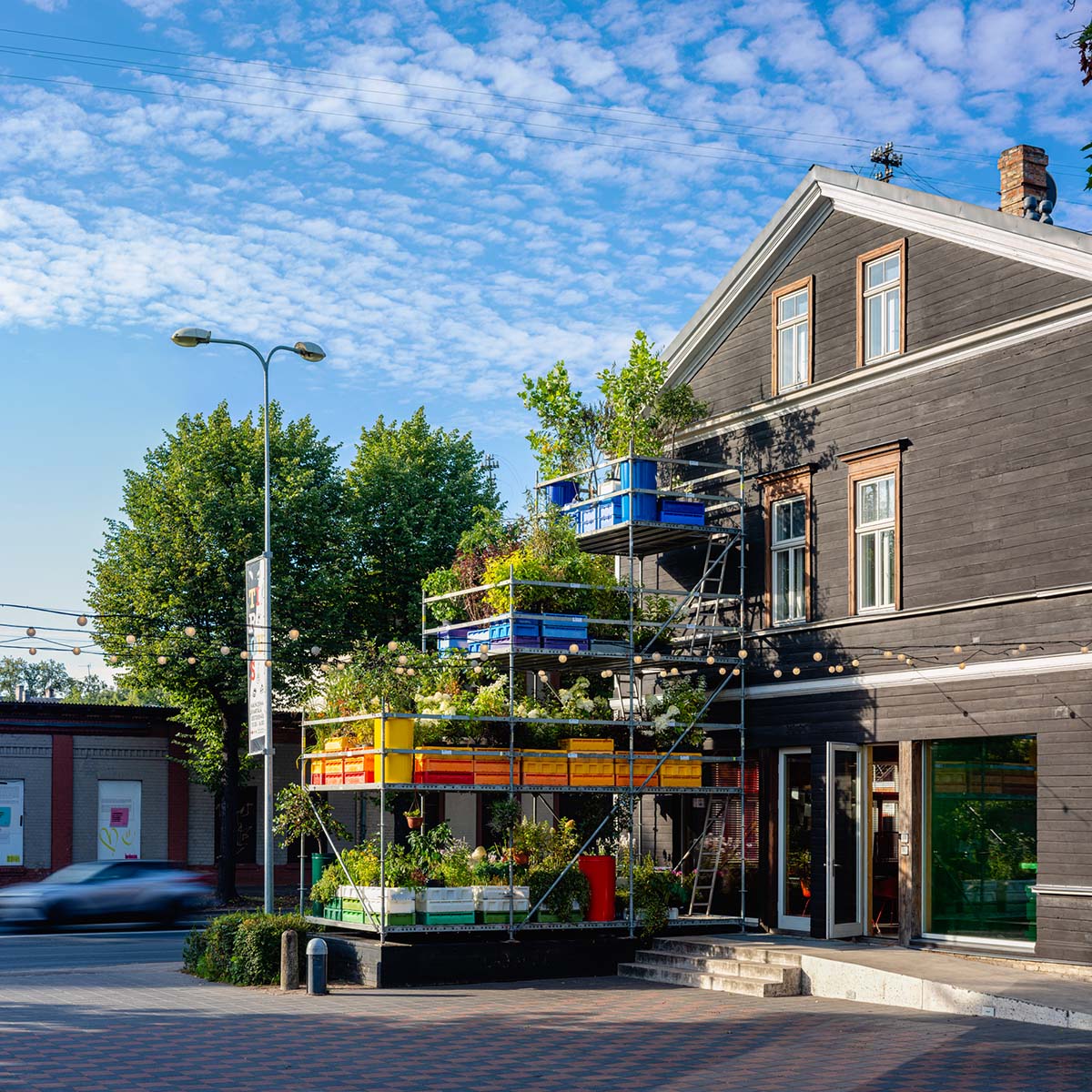
Riga-based interdisciplinary studio annvil has created an urban vertical garden to test the effect of urban environment and horticulture in Riga, Latvia.
Called G(U)ARDEN, the garden is the first urban vertical garden in Riga, Latvia as an experimental research project to study the interaction between the urban environment and horticulture.
"On the one hand, it’s clear that urban agriculture reduces air pollution, collets runoff and puts it to efficient use, increase the productivity of otherwise unused space, cools the city during periods of high heat," said annvil.
"But it is not clear how safe are urban gardens if we talk about food."
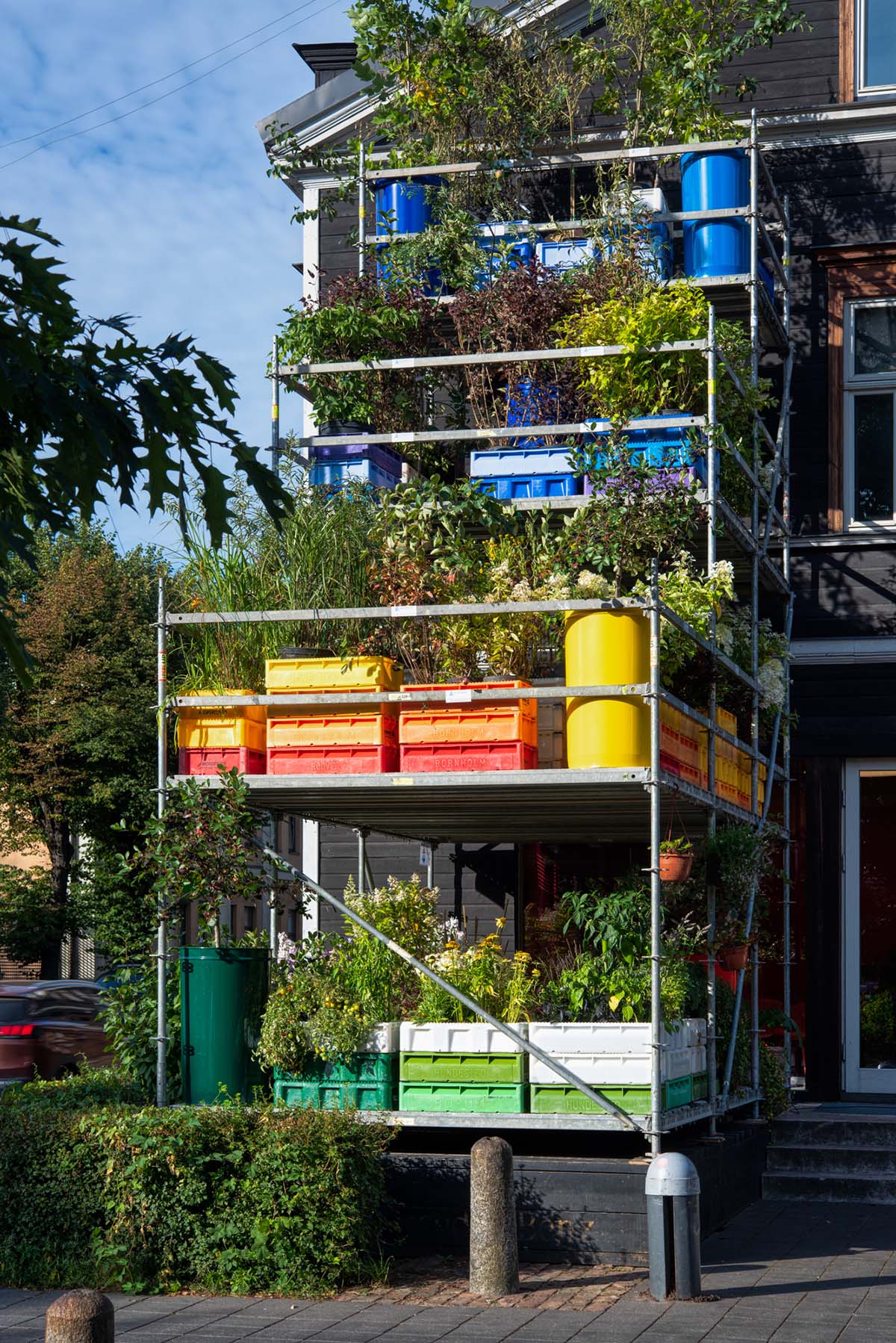
The city garden is made up of local plants obtained from local horticulture centres and nurseries, thereby inviting the city’s residents to grow locally and to conserve natural resources globally. It also aims to encourage discussion and stimulate public interest in a sustainable and effective urban environment.
"Today we live in a digital world where everything is instantaneous. In answer to that, we want to stimulate people’s interest in real life – interest in the physical world and in being close to nature," said Anna Butele (née Butele), the author of project G(U)ARDEN and the founder of Annvil.
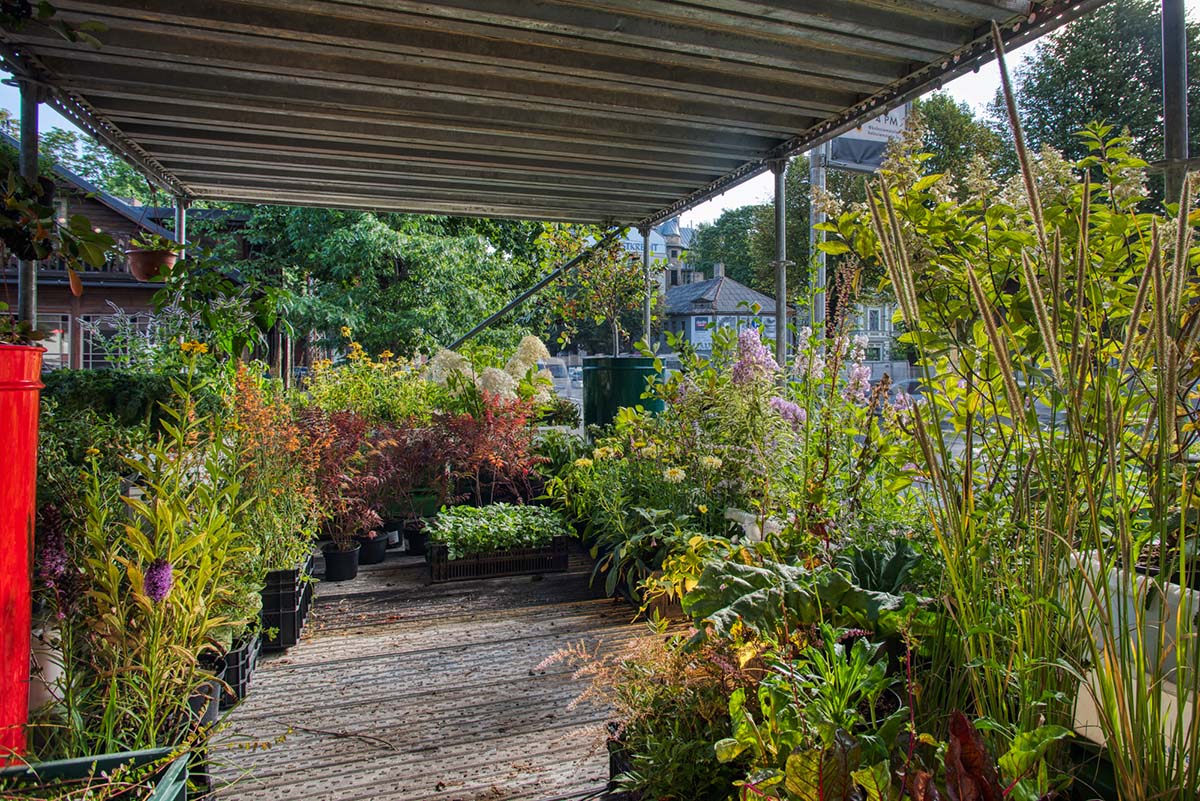
"We can do that by creating even more green environments in the city – meeting places that bring together different groups of society. This way we can also bring attention to neglected environments in the city."
"G(U)ARDEN is a pilot project with a long-term goal. We have begun studying the urban garden’s harvest of vegetables and fruits in a scientific laboratory, including measuring the presence of heavy metals," added the studio.
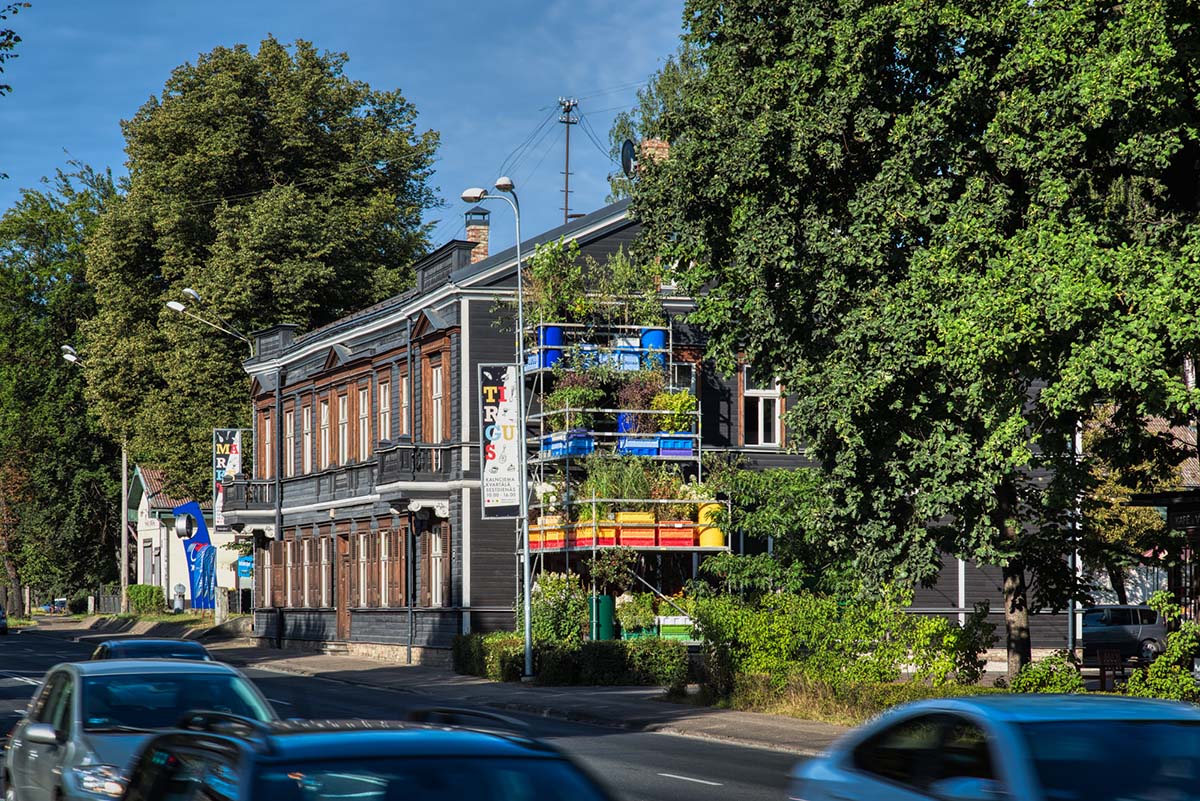
"The microbiological composition of the local air and water is also being studied and their effect on the plants grown in the city garden is being analysed. Our goal is to identify all possible risk factors associated with the impact of the urban environment on the edible plants that we have grown," explained the studio, emphasizing that ‘G(U)ARDEN’ is a tool for discussion, not a solution."

According to the studio, in Latvia there is a lack of scientifically based research on the biochemical composition of vegetables and fruits grown out in the open in the urban environment, and their safety in terms of being used for food.
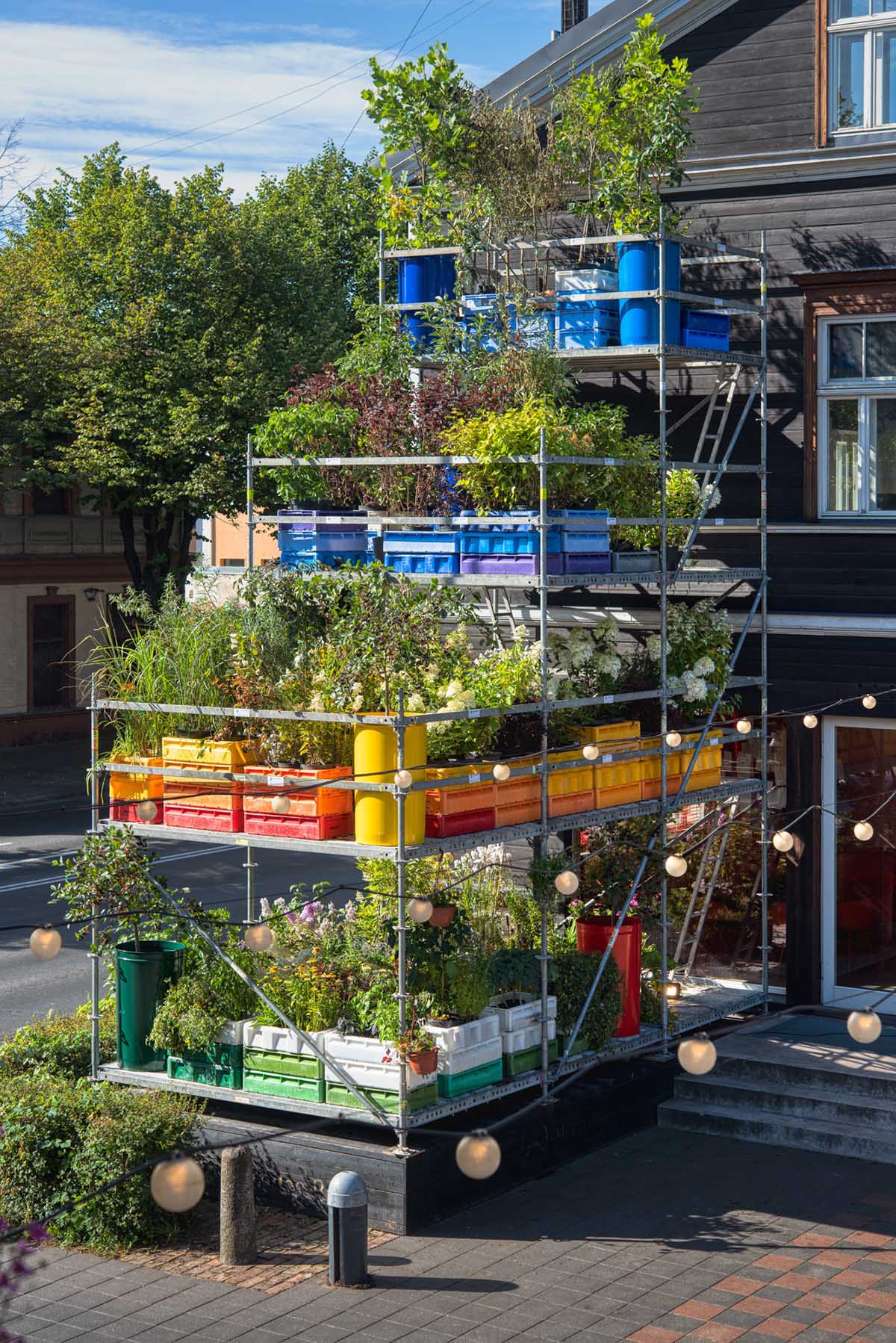
"This is especially pertinent regarding areas of Riga with intense traffic and air pollution. Only on the basis of the data obtained in the laboratory can we determine the correlation between the degree of pollution in Latvian cities and the amount of harmful substances found in vegetables grown in urban plantings. In addition, the vertical cultivation system itself is an innovative technique for Latvia," explained project team member Irina Sivicka, a researcher and lecturer at the Institute of Soil and Plant Sciences of the Latvia University of Agriculture.
Architect Ilze Rukmane-Poča (Balta Istaba) is also involved in the development of the project.

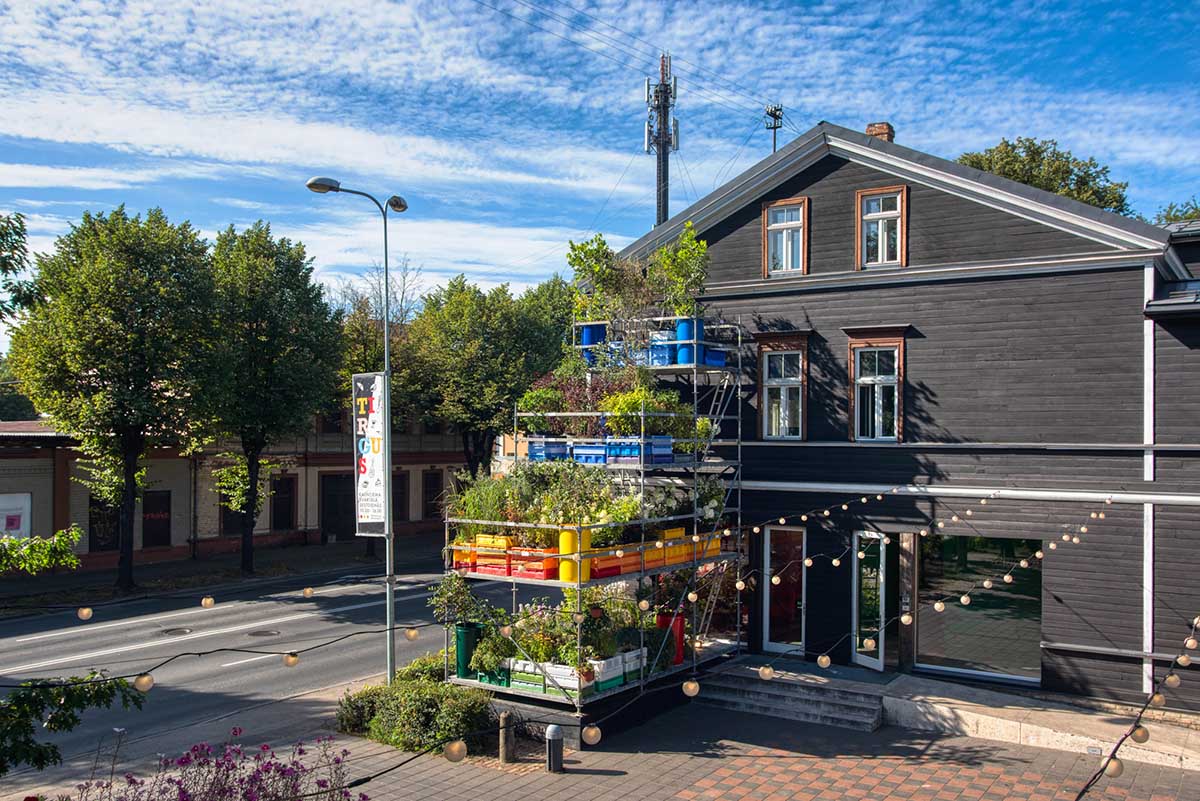
The data obtained as a result of the ‘G(U)ARDEN’ experiment will be carefully analysed and taken into account when creating a series of urban gardens that will take root next year in Latvia’s largest cities, including Riga, Jūrmala, Valmiera, Cēsis, Liepāja and Kuldīga.
All images © Ingus Bajārs
> via annvil
